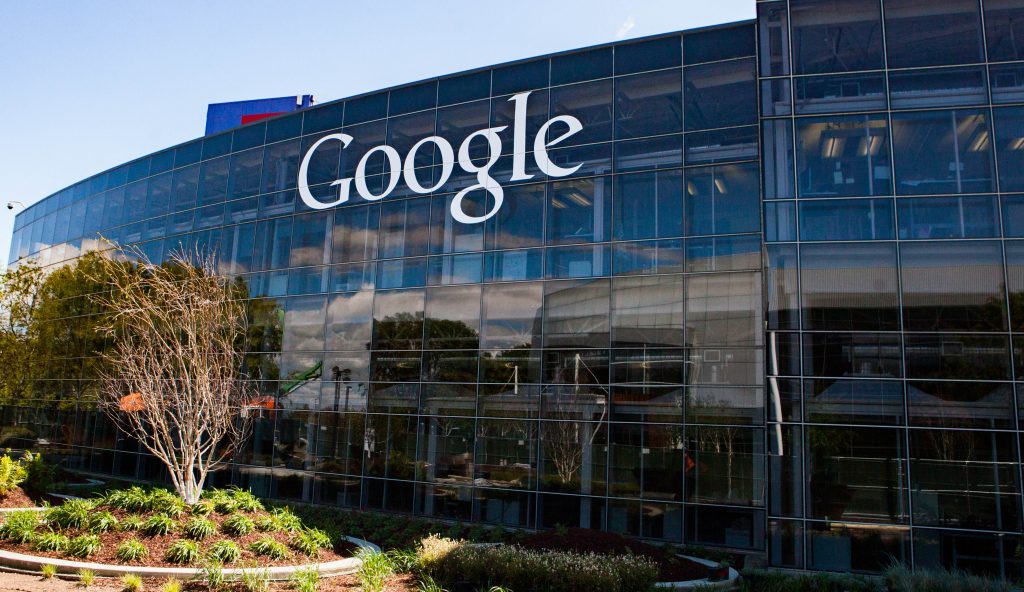Kaul, Other AGs Reach $700 million Agreement On Suit Against Google
Claiming Google monopolized Android app distribution and payment processing method.

Google Headquarters. Photo by Anthony Quintano from Mount Laurel, United States, (CC BY 2.0), via Wikimedia Commons
A group of 53 state attorneys general, including Josh Stein of North Carolina and Josh Kaul of Wisconsin, have reached a $700 million agreement with Google in a lawsuit over the search engine’s behavior with its Google Play Store.
“No company is too big to play by the rules,” Stein, who is running for governor, said in a statement. “As a result of this agreement, people who were harmed by these practices will be reimbursed, and Google will stop its anticompetitive practices. I will always fight to protect competition to keep prices lower and foster innovation.”
“Consumers shouldn’t have to pay extra because of anticompetitive practices,” Kaul said in a statement Wednesday. “The Wisconsin Department of Justice will continue working to protect people’s pocketbooks and to ensure that markets are competitive.”
Attorneys general sued Google in 2021, arguing it monopolized the Android app distribution and its payment processing method. The lawsuit alleged Google crowded out competitors from having their apps being preloaded on Android devices by signing anti-competitive contracts and buying out app developers who could have been rivals. It also claimed Google erected tech barriers that dissuaded consumers from downloading other apps to their Androids.
Per the agreement, Google will pay $630 million in restitution to those who spent money in the Google Play Store between August 2016 and September 2023. Google also will pay states $70 million.
Those eligible for money from Google do not have to submit a claim. They’ll get automatic payments through PayPal or Venmo, or they can choose to get a check or ACH transfer. Stein’s office said they will provide more information about how to claim the money at a later date.
The settlement isn’t just about the money. Google, which in 2020 became the third American tech company to reach a $1 trillion valuation, also has to change its business practices. Some of those reforms are:
Allowing developers to send consumers to alternative, non-Google billing systems by advertising cheaper prices for at least the next five years. Not entering contracts that mandate the Google Play Store to be the exclusive app pre-loaded on a device or Home Screen for at least five years. Submitting compliance reports for at least the next five years to an independent watchdog who will make sure Google is not reverting back to anticompetitive behavior
Click here to read a copy of the settlement and the rest of the reforms Google is required to make.
Erik Gunn of the Wisconsin Examiner contributed to this report.
A version of this story was first published by NC Newsline.
NC Newsline is part of States Newsroom, a nonprofit news network supported by grants and a coalition of donors as a 501c(3) public charity that includes the Wisconsin Examiner. NC Newsline maintains editorial independence. Contact Editor Rob Schofield for questions: info@ncnewsline.com.



















I am confused and disturbed by the first paragraph of this article which does not reveal which states have more than one
Attorney General.
Or did I sleep through the addition of stars to the flag?
53 State Attorneys General? That’s a puzzler. Plus, there are evidently more than one state antitrust lawsuits against Google. A search found one article that mentioned District of Columbia and Puerto Rico being parties so that would make 52. I’m guessing the other might be the Virgin Islands or another “Territory”. (Yes, the US still has those).
For those curious about how there are more than 50 attorneys general – see this list https://www.naag.org/find-my-ag/
So my problem is with the language of the first paragraph of the article which implies that all 53 AGs in the agreement are “state” attorney generals. The “find my AG” site does not refer to territories as states. Unintentional disinformation is still disinformation.